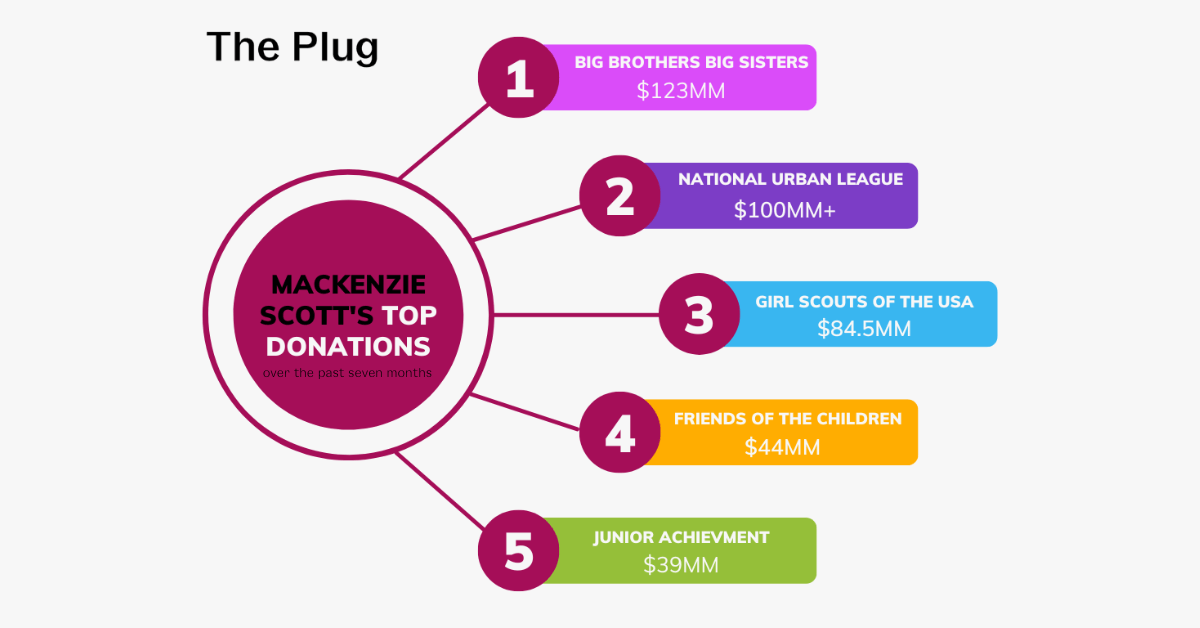Collab Capital, an Atlanta-based investment firm exclusively investing in Black founders, has closed a $50 million first fund that includes corporate investors like Apple, Google and Paypal and Black angel investors like Resilia’s Sevetri Wilson and Bandwagon’s Harold Hughes. It wasn’t until I hit this inflection point in my journey that I realized that these terms are not good for the founders themselves, yet the founders are taking all the risks, Barry Givens, general partner of Collab Capital, told The Plug.
I knew there had to be something better to offer the founders, but more specifically, as a Black founder, the style of capital we need has to be different because the [financial] system wasn’t built for us, he said.
The inaugural fund will test the firm’s shared profit and collaborative endorsement (SPACE) agreement, which offers companies profit sharing six to 12 months after an initial investment. This SPACE model relieves the pressure for companies who are not tracking to become unicorns that go on to raise several rounds of capital to slow their burn rate and retain equity.
If a company has growth metrics we want to see in a traditional venture business then its an easy win and we introduce them to investors and participate in the follow on funding, but for companies that can’t go raise that’s also an easy decision to help them build a profitable business and reduce their burn rate, Givens said.
We’ll have success among companies that don’t want to raise more venture capital or that can’t get venture capital on the terms that they want. This buys them more time because as an investor, I no longer have to pressure them to go out and fundraise, he said.SPACE allows Collab Capital to give investors earlier access to venture-level returns without forcing a sale, IPO or crippling the business, according to the firm. The firm will invest in eight more companies by August, with average investments ranging from $500,000 to $750,000; making seven to eight investments a year up to $750,000 and two to three deals as a participating investor on larger rounds up to $350,000. Under this allotment, Collab Capital will back 50 companies over the next five years.
Black founders represent the fastest-growing entrepreneurial segment, but to this day, they remain the most under-funded and under-resourced group, Jewel Burks Solomon, Collab Capital managing partner, said in a statement. Collab Capital is excited to announce the close of Fund I and provide Black business owners with the capital and resources they need to achieve their full potential. We believe this is an important step in narrowing the racial wealth disparity while driving sustained economic recovery across our country. A September 2017 study conducted by Institute for Policy Studies and Prosperity Now found that the median Black household wealth will dwindle to $0 by 2053 if the racial wealth divide is left unchecked. To invest in a more financially equitable future, the firm has been strategic about which investors they have brought on. And in the process has minted more Black angel investors.
We built this fund for Black founders, but we also did things on the investor side as well. We lowered our minimum investment to $100,000, which is unheard of in a $50 million fund, Givens said.
We were able to bring in several Black founders that are now investors in a $50 million fund. When you talk about the cycle completing itself, it is not just about myself, Jewel and Justin as managing partners but, it is also about giving opportunities to the founders that have had success in being able to participate in this fund with us, he said.








